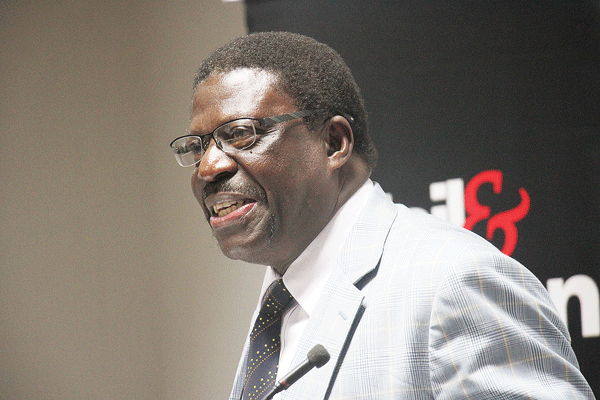
The government has been accused of having misplaced priorities after fast-tracking the National Competitiveness Commission Bill ahead of the review of laws viewed as toxic to investment.
BY TATIRA ZWINOIRA

Industry minister Mike Bimha last week revealed that he had managed to fast-track the Bill, which now awaits President Robert Mugabe’s assent.
However, the government has been mum about amendments to the Indigenisation and Economic Empowerment Act, Companies Act, Joint Ventures Act, Investment Authority Act and the Income Tax Act.
In February, the laws were flagged by the Confederation of Zimbabwe Industries and the Office of the President and Cabinet as impediments to foreign investment.
The amendments are yet to be tabled in Parliament.
Mugabe was last year forced to make clarifications on the Indigenisation and Economic Empowerment Act after Finance minister Patrick Chinamasa and his Indigenisation counterpart Patrick Zhuwao clashed over its implementation.
Zhuwao told Standardbusiness on Friday that his ministry was still working on amendments to the controversial law.
- Chamisa under fire over US$120K donation
- Mavhunga puts DeMbare into Chibuku quarterfinals
- Pension funds bet on Cabora Bassa oilfields
- Councils defy govt fire tender directive
Keep Reading
“One of the requirements of the legislation is that we put in place the Indigenisation and Empowerment board that should also assist in making sure that we put into place the necessary frameworks to be able to implement those clarifications,” he said.
“So there are certain things that have been done.”
Zhuwao said the changes needed to be buttressed with other pieces of legislation for the clarifications made by Mugabe to be implemented.
But Labour and Economic Development Research Institute of Zimbabwe director Godfrey Kanyenze said the delays in the review of the laws impeding business were a sign that Zimbabwe was not driven by a common vision.
“I think the first thing that is so critical is the need for a champion,” he said.
“The main challenge in Zimbabwe is that we lack a democratic state, a state that is characterised by internal coercion and the capacity to mobilise other key stakeholders around a national project.
“So that is one of the key things that are missing, a key vision. Do we have a national vision around which we can correlate stakeholders to basically create a social contract.”
Kanyeze said the delays could also be blamed on ministers that slept on duty.
“There are certain areas that move and others that do not move like what you are saying, unevenness,” he said.
“But, unevenness is down to individual ministers instead of there being something that pushes us as a nation, not just government.
“Everything has to work. We need to fire from all cylinders.
“At the moment we are not firing from all cylinders and even coercion within government itself is still a work in progress.”
Since 2009, Zimbabwe has played host to business delegations from South Africa, Britain, Germany, Netherlands and France, among other countries, but no meaningful investment has flowed from those countries due to the unfavourable business climate.
Mugabe’s office has been pushing reforms to improve the ease of doing business in the country.











